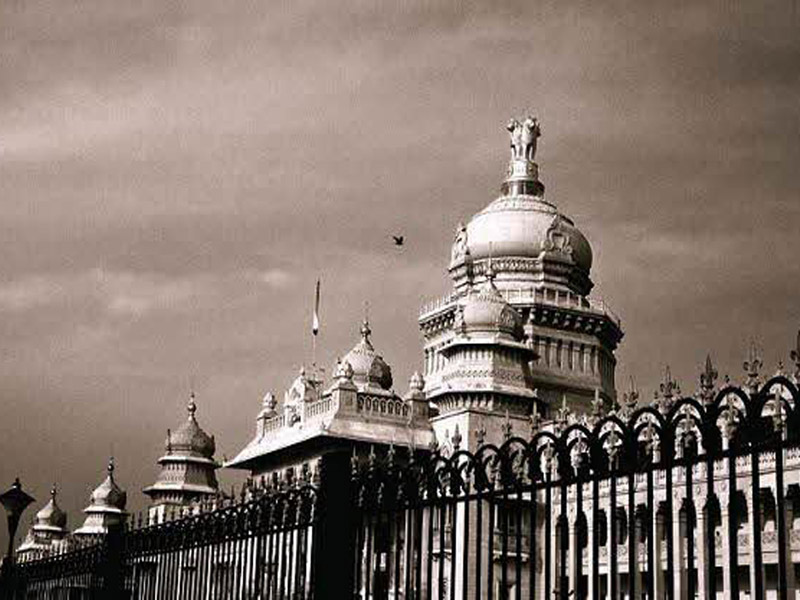Bengaluru: The grateful king named the place “benda-kaal-uru” (meaning ‘Town of Boiled Beans’) got its name after an old woman served cooked pulses to a lost and hungry Hoysala king.
In 1537 the feudal lord Kempegowda built a mud fort here, but it remained something of a backwater until 1759, when the city was gifted to Hyder Ali by the Mysore maharaja.
In 1809 the British Cantonment was established, and in 1831 the British moved their regional administrative base from Srirangapatnam to Bengaluru, renaming the city Bangalore in the process.
In 1905 it became the first city in India to have electric street lights. Since the 1940s it has been home to Hindustan Aeronautics Ltd (HAL), India’s first aircraft manufacturing company. Today the city is best known as a hub for software and electronics development, and business process outsourcing.
VEDIK GYAN
Symbolic representation of Lord Brahma, The Creator according to Santana Dharma.
His four faces symbolize the four Vedas, namely,
The Rigveda,
The Yajurveda,
The Samaveda and
The Atharvaveda.
His four hands reflect the four aspects of human nature, Mind, Intellect, Ego, and Conditioned Consciousness.
His four hands are shown holding a variety of objects such as Rosary, a water pot, a book ( the Vedas ),a Lotus.
Water pot : It represents that the whole Universe evolves out of water
The Vedas have evolved from Brahma’s four faces, so Lord Brahma holds the book in his hands.
Lotus : Lord Brahma has evolved from the Lotus that sprouted from Lord Vishnu’s navel, (represents a baby in the mother womb connect with her navel)
Brahma holds a Rosary( beaded Mala), which he uses to keep track of the Universe’s time.
Lord Brahma is often seen riding a swan , his sacred vehicle for which he travels upon. The swan is a supposed to symbolize grace.
LEARN Sanskrit-निश्चित: Definitely
 |
Ch Narmada Naveen Kumar |



